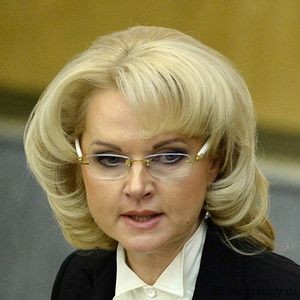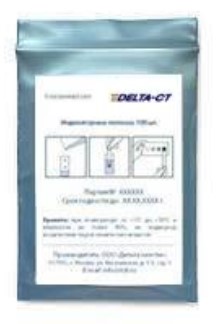Vedomosti learned about plans to accelerate the registration of new drugs in Russia

State Duma deputies plan to prepare a bill in the autumn session that will simplify the registration of new drugs in Russia. This was reported to Vedomosti by Alexander Petrov, a member of the health committee of the lower house of parliament.
According to the deputy, this will be achieved through the reduction of bureaucratic procedures, the transition to electronic document management, as well as the accelerated launch of certain drugs on the market.
A system of tracks may appear in the legislative initiative, Petrov continued. It will divide medicines into those where standard registration would be appropriate (such as generics) and those where fast track is dictated by an emergency. An example of a fast track is the practice of bringing vaccines and drugs to the market for the prevention and treatment of coronavirus, the deputy explained.
In addition to epidemics, life-threatening conditions and rare diseases of patients, as well as a shortage of medicines, can become a reason for entering the fast track, Petrov added. The choice of drugs that will be brought to the market with a certain degree of risk, in his opinion, should be dealt with by an interdepartmental commission after assessing the risk-benefit ratio.
See also The State Duma proposed to introduce sobriety lessons in schools 01:29
The accelerated procedure can also attract foreign developers to the domestic market, who will be more willing to localize production here, Nikolay Bespalov, development director of the RNC Pharma analytical company, told Vedomosti.
In turn, the head of the scientific expertise of the pharmaceutical fund Inbio Ventures, Ilya Yasny, pointed out that accelerated registration is already used in the EU and the USA . At the same time, according to him, the Russian Ministry of Health is seriously inferior to Western regulators - the European Medicines Agency (EMA) and The Food and Drug Administration (FDA) - in the number of experts. In Russia, 60 specialists are involved in the registration of medicines, in the EMA - 4,500 experts, he cited the figures.
Read on RBC Pro Pro How to care for skin after 35 years:5 Important Instructions Pro Rules The Benefits of Regrets and the Power of Genuine Fun:5 fresh books about self-development Articles Pro Banks in Russia are urgently changing their software due to sanctions.What awaits the financial market Forecasts Pro Sanctions traffic light:how bans affect different sectors of the economy Research Pro The Fed raises rates, but inflation does not fall.How Close is a Recession Articles Pro Parallel Imports:what goods can be imported from Turkey in circumvention of sanctionsPro How the Fear Index Helps Predict the US MarketArticlesArticlesPutin instructed to simplify the import of medicines for the Circle of Good Foundation Politics
After the imposition of Western sanctions, some foreign pharmaceutical companies partially suspended their activities in Russia. Thus, investments were suspended by German Bayer, American Pfizer and MSD and Swiss Novartis. At the same time, the American Eli Lilly and the French Sanofi decided to suspend the supply of non-essential drugs to the country.
The American AbbVie has suspended operations with products for aesthetic medicine in Russia, and Bristol Myers Squibb has stopped recruiting participants in clinical trials and launching sites for them in Russia, Belarus and Ukraine.
In early June, Minister of Health Mikhail Murashko said that there was no shortage of medicines in Russia. In addition, as the minister said, in 2021, more than 22,000 medical products and devices were delivered, of which almost a third were of domestic production. According to him, the domestic industry is actively involved in the direction of medical equipment.
In turn, Deputy Prime Minister Tatyana Golikova previously instructed the Ministry of Health to start searching for drugs that are not produced in Russia and friendly foreign countries, in case of a shortage of foreign analogues.



























































